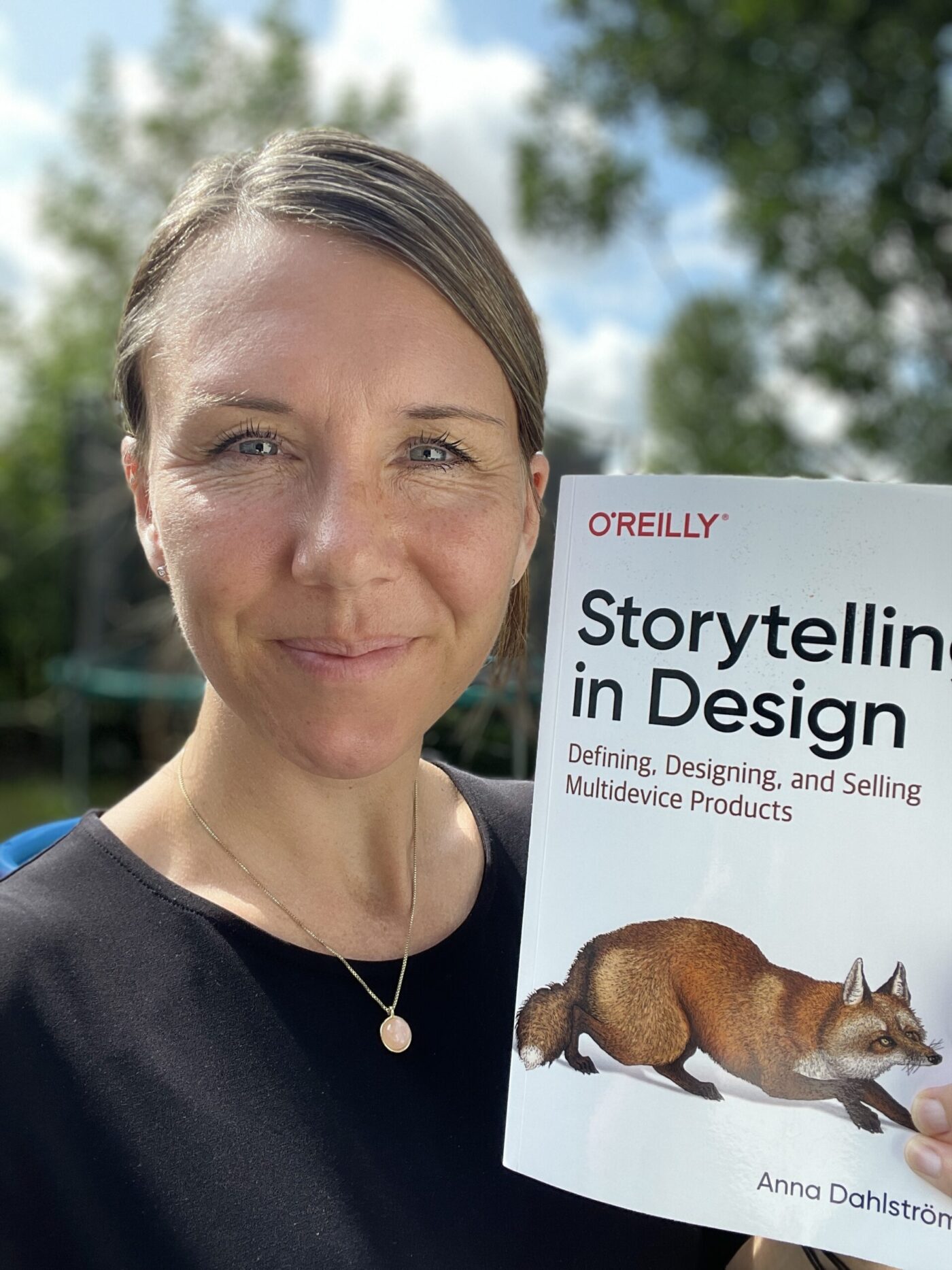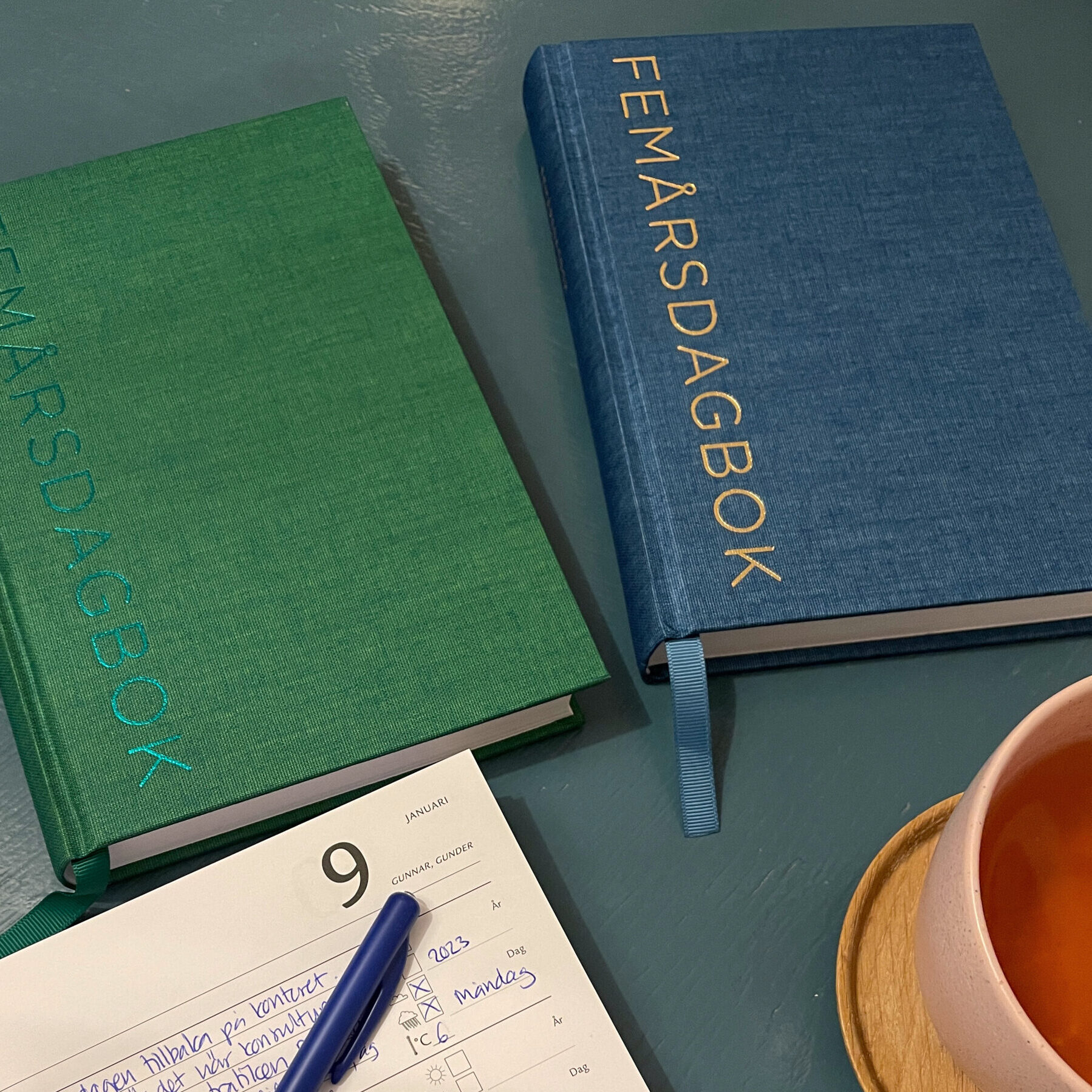Just under half of the work force in the UK suffers from high stress levels and 48% of all senior managers expressed they are stressed most or nearly all of the time. Just how much that comes from work and what comes from personal circumstances, or a combination, is hard to say, but there is a general trend. We’re getting more stressed.
What makes us stressed varies. For some it’s having too much on or too tight deadlines. For others it’s the social side, or feeling that you’re not good enough or do enough. In other instances it’s unclarity around the task at hand, what’s expected of you and your remits.
Just as most people I have and continue to experience stress at times. Over the years I’ve learnt to manage the situations that triggers it and minimise them. I’ve increasingly been able to identify what it is that makes me stressed and more importantly, what combinations that make it worse and both learnt to avoid them as well as stop myself before it manifests into anything. But there are certain situations that I’m particularly sensitive too and where I still struggle to shake off the feeling of unease that just gets bigger and bigger and bigger.
My friends and family would all nod to the description of me being someone who always has a lot on and they are right. I like to juggle multiple things, but it’s rarely cause for concern. I can handle large workloads, multiple commitments, tight deadlines and lots of travel. It’s seldom anything that causes me stress. What does stress me it’s not knowing where I stand with individuals. More precisely, when I have a sense that something is wrong but the person in question is pretending things are ok, or simply not telling me even if I ask. And ask I do. Straight out honest questions that I want honest answers too. If I don’t get that and something clearly is wrong, then I’ll lie sleepless and have trouble concentrating. Honesty I can deal with. Not knowing if something is wrong, if I’ve done something or if people are ok, that I’m not very good at handling.
Most of this stress comes from my personal life and not work, but it does creep into work at times too and it’s what made the first 6 months of Glimt being live incredibly stressful for me. Since then I’ve learnt a lot and I’ve put things in place to avoid it. From hiring a team rather than have people working in their spare time for “sweat equity” and setting expectations around honesty and transparency.
One of the first thing I say to new team members who come on board is that they should be honest with me. Brutally honest. I care about the team and their well-being, motivation and growth but I also know that startup life is uncertain and not as structured or resourceful as an established company. I want to know if there’s anything on their mind and I also need to know as I can’t help or address any worries, concerns, frustrations etc. that they may have unless they tell me. But I also personally want to know as not knowing worries and eventually stresses me. It’s working really well but it takes some time for people to get used to and trust that they can really tell me anything.
The point of this little story is that first of all that we shouldn’t assume what makes someone else stressed. We should ask and find out. Secondly, we all need to ask for help when it comes to what stresses out. If work is too much we need to let our managers and team members know. If we can’t say no or struggle to priorities work, we also need to ask for help to address it. And if e.g. like in my case, uncertainty around if things are ok, everyone is happy, or if what I’m doing is enough is causing stress, ask the question and put things in place to help nurture an honest environment. But also learn to trust yourself and that saying no is ok. More often than not, people will respect you more for doing so and the things we worry or get stressed about are seldom worth the negative impact they have on our health.
Image source via Flickr user Pulpolux


